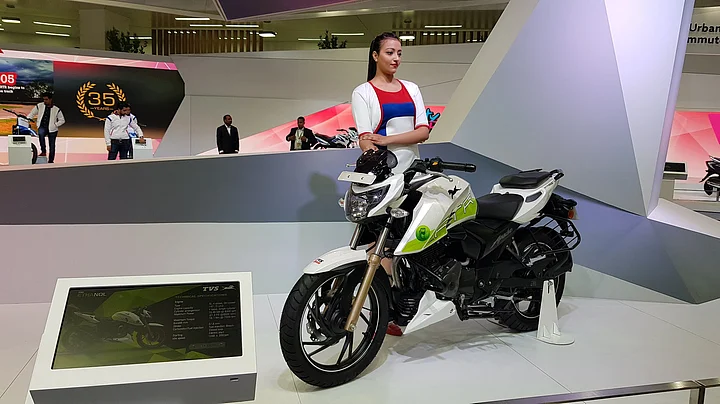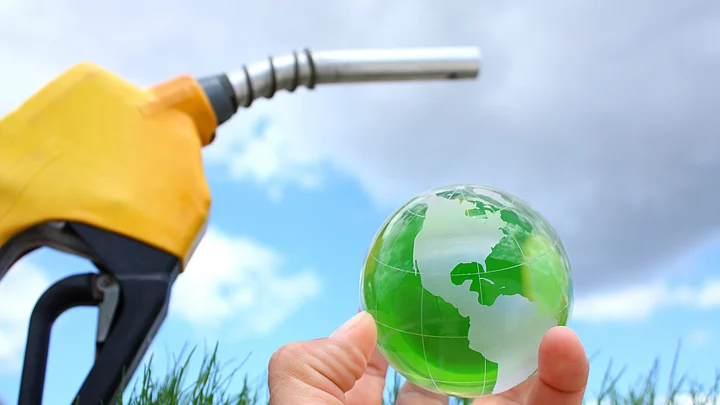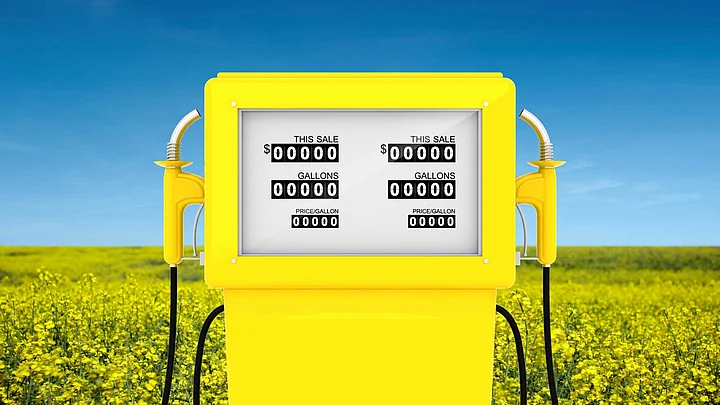A few days after the Indian government virtually did a U-turn on its electric vehicles, allowing car makers to pursue any green technology they see fit, a pressing question on using bio fuels emerged. India had mandated 5 percent blend of ethanol in petrol in 2017, while the use of biodiesel is still not mandated, and is optional.
There are a few small companies producing biodiesel in India such as Indizel, Emami Agrotech and Universal Bio-fuels among others, but these are fairly niche at the moment. The supply of biodiesel is not that widespread yet.
So why has the use of ethanol blends in petrol (or even pure ethanol as a fuel) and the use of biodiesel instead of diesel not taken off? The answer is fairly complex.
Why Is Ethanol Use Not Widespread?
India had mandated oil companies to blend 5 percent of ethanol in petrol in 2016. This was to be gradually increased to 20 percent by 2017. However, the supply of ethanol has been erratic, and there is a shortfall. Ethanol, for blending with petrol in India, is sourced from sugarcane.
India needed about 500 crore litres of ethanol to achieve its petrol blending targets of 5 percent blending, but the total ethanol production capacity in the country was under 265 crore litres, according to a report in the Economic Times.
At present, ethanol costs about Rs 40 per litre, which is about 60 percent of the price of a litre of petrol. There are vehicles being developed with ‘flex’ engines which can run on pure petrol, pure ethanol or a blend of the two.
Unless the supply of ethanol can be increased, from sources other than sugarcane, its use will not be widespread. Recently, the government also proposed blending methanol (around Rs 25 a litre) in petrol as another alternative, but again supply is a problem.

At the recent Auto Expo, TVS showcased a motorcycle that can run on 100 percent ethanol. Other automakers such as Honda too have vehicles that can run on ethanol. But supply is the main constraint here.
In terms of emissions, there are mixed reactions. While ethanol blending does reduce tail-pipe emissions slightly, the production of ethanol actually leads to a worse impact in terms of overall emissions according to some reports. In India’s case, it will help reduce its dependency on crude oil imports, rather than have a beneficial environmental impact.
Why Is Biodiesel Not Taking Off?
Biodiesel has been the focus of attention for close to a decade as an alternative to conventional petroleum-based diesel. Biodiesel can be made from various vegetable oil sources – from palm oil to jatropha seed oil and even waste vegetable oil sourced from restaurants.
There are many videos on the internet like this one, which show how biodiesel can be made at home (but do be warned, you could ruin your car if you don’t get it right).
Biodiesel can also be used to blend petroleum-based diesel or can even be used as a 100 percent pure fuel. However, even for biodiesel, supply is the main issue as is cost. Biodiesel suppliers in India have been asking for a reduction in GST on biodiesel from 18 percent to 5 percent.
Sourcing raw material for biodiesel too is an issue. In countries like Borneo and Indonesia, large scale palm oil plantations have led to destruction of natural forest cover, which has environmentalists up in arms.
In India, jatropha seeds were used to produce biodiesel, but the production has not been consistent. Farmers were encouraged to plant jatropha, but the yield was far below what was expected. This led to the raw material cost becoming fairly expensive, making biodiesel even more expensive than petroleum based diesel.
Unless a mechanism to collect waste vegetable oils can be devised, the production of biodiesel on an economically viable scale would not work.
Companies such as Indizel claim to be importing biodiesel from Singapore and selling it in India, which does not make it much cheaper than regular diesel (it is priced at about Rs 52 a litre compared to Rs 60 for regular diesel). However, the environmental benefits in terms of emissions work in favour of biodiesel.
Biodiesel has a higher cetane rating (51 cetane) compared to petroleum-diesel (48 cetane), making it more efficient. It also has 90 percent lower hydrocarbon residue, 30 percent lower particulate matter and 50 percent lower carbon monoxide emissions compared to petroleum diesel, according to an India Bio Energy study. However, it has a higher flash point than regular diesel, which means cold starts could be an issue.
Unless the supply of raw material for both ethanol and biodiesel can be streamlined, it is unlikely these would replace or become more widespread than conventional petrol and diesel any time soon.
(The Quint, in association with BitGiving, has launched a crowdfunding campaign for an 8-month-old who was raped in Delhi on 28 January 2018. The baby girl, who we will refer to as 'Chhutki', was allegedly raped by her 28-year-old cousin when her parents were away. She has been discharged from AIIMS hospital after undergoing three surgeries, but needs more medical treatment in order to heal completely. Her parents hail from a low-income group and have stopped going to work so that they can take care of the baby. You can help cover Chhutki's medical expenses and secure her future. Every little bit counts. Click here to donate.)
(At The Quint, we question everything. Play an active role in shaping our journalism by becoming a member today.)



